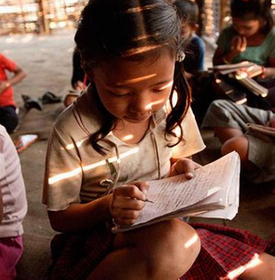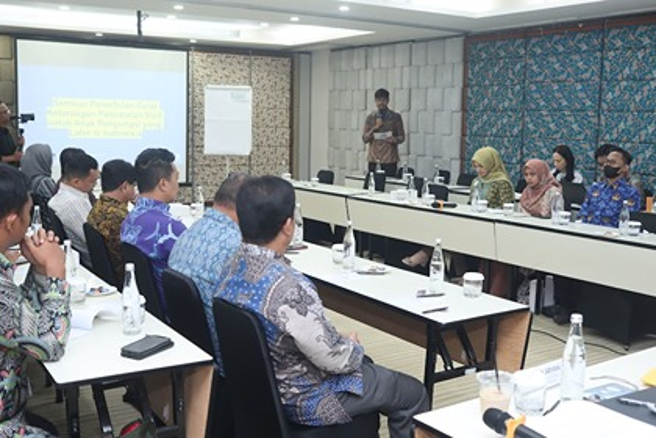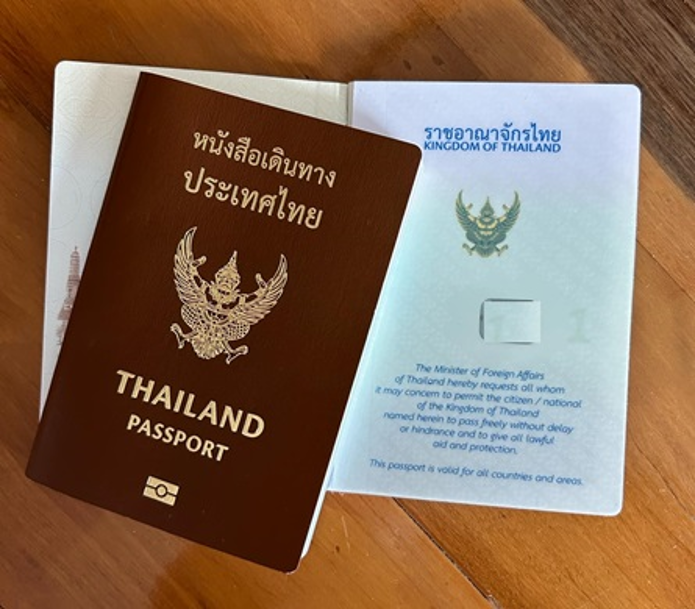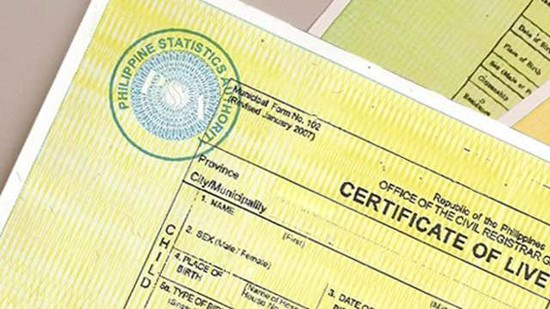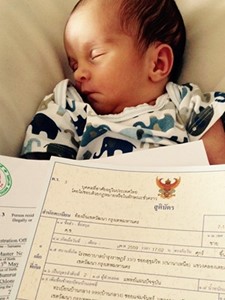(Newsletter: CRVS Insight August 2020)
CRVS systems play a significant role for all individuals by ensuring the registration of births, deaths, marriages, and other vital events, and the recording of causes of death. They provide individuals with legal forms of identification, enabling access to government services such as education and healthcare but also facilitating opening a bank account, formal employment and getting a driving license or a passport.
However, people in many countries face barriers that limit registration, and the impact of registration or lack of registration often depends on sex. The barriers potentially block women and girls from accessing services, restrict their enjoyment and exercising of rights and reinforce a gender gap. As a result, a gender lens is required because gender inequalities shape the constraints of CRVS systems, thus determining many of the gaps and challenges in using civil registration data for producing vital statistics. A recently published ESCAP information note highlights the importance of CRVS systems for gender equality.


